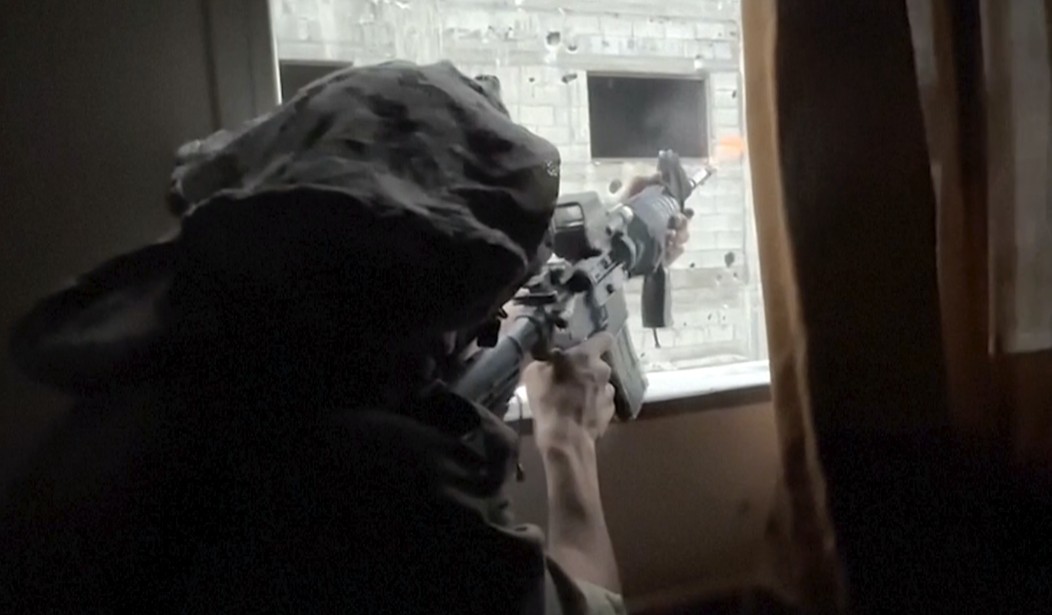Israel and Hamas are "far apart" on reaching a hostage/prisoner transfer agreement as the war in Gaza continues, according to new reports. The latest round of negotiations appears to have hit a substantial impasse, which might not be possible to overcome.
The latest developments further reveal the tense situation in the Middle East as Israel seeks to eradicate Hamas. Following the terrorist group’s October 7 surprise assault against Israel, the Jewish State has been dedicated to wiping out the threat from Gaza while trying to free as many hostages as possible.
The Israeli government strongly rejected a recent proposition put forth by Hamas for a permanent ceasefire, and an agreement in which the terrorist group suggested that more Israeli hostages would be released in exchange for thousands of Hamas prisoners.
Israel and Palestinian militant group Hamas remain far apart in agreeing to a U.S.-backed cease-fire proposal to stop the war in Gaza, despite a diplomatic push by the U.S. and a fifth visit to the region by Secretary of State Antony Blinken.
Hamas unveiled a detailed counterproposal to a broad outline for a cease-fire that had been negotiated by the U.S., Qatar, Israel and Egypt and which calls for a phased release of hostages in exchange for Palestinian prisoners and a cease-fire.
Israeli Prime Minister Benjamin Netanyahu broadly rejected Hamas’s demands. “Giving in to Hamas’s bizarre demands, that we heard right now, not only won’t bring the release of hostages. It will just invite another massacre,” Netanyahu said in a news conference on Wednesday evening.
Netanyahu also said that Israel thinks it can achieve its goal of toppling Hamas and ending security threats from Gaza within months and that “continuing military pressure is a necessary condition for freeing our hostages.”
The militant group’s counterproposal, conveyed in a long letter, includes some demands Israel could accede to but some it will likely reject, such as the mass release of Palestinian prisoners, including some accused of violent attacks, as part of a final phase of the deal, according to analysts and officials familiar with the talks.
The complexity of the negotiations is further heightened due to the tense situation in Gaza, which has also prompted action from Iran and Hezbollah, one of its proxies. Still, Secretary of State Antony Blinken and others have expressed optimism that the two parties could reach an understanding.
Blinken said:
There is a lot of work to be done, but we are very much focused on doing that work and hopefully being able to resume the release of hostages that was interrupted so many months ago.
However, one of the main sticking points is that Israel wants to continue the fighting after hostages and prisoners are exchanged. Hamas wants an agreement that involves an end to the war after this is concluded, which makes sense because they are the ones facing virtual annihilation.
The terrorist group is never going to get what it wants, which is why this current impasse might be insurmountable. Netanyahu has vowed to take down Hamas and is unlikely to go back on that promise, especially after the terrorist group brutally murdered over 1,000 Israeli civilians and soldiers. That act was a crossing of the Rubicon that cannot be undone by releasing the hostages Hamas kidnapped. Regardless of how the negotiations work out, one thing is clear: Hamas' days are still numbered.














Join the conversation as a VIP Member